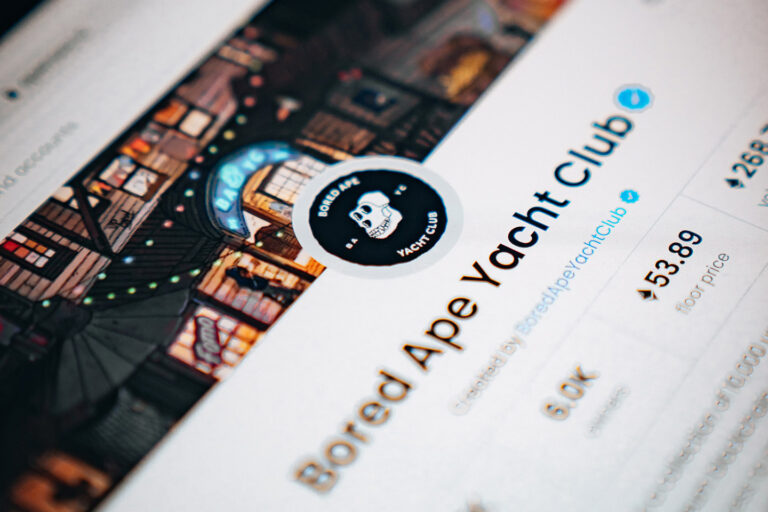The music industry is constantly evolving, and with the rise of web3 and NFTs (non-fungible tokens), artists now have new opportunities to monetize their work and connect with fans.
Web3, also known as decentralized web, is a new way of using the internet where data is stored on a network of decentralized servers rather than a centralized server. This allows for more transparency and control for users. In the music industry, this means that artists can directly connect with their fans and monetize their work through decentralized platforms such as Musicoin, Ujo Music, and Choon.
NFTs, on the other hand, are unique digital assets that are stored on a blockchain. These assets can take the form of anything from music tracks to artwork and even tweets. In the music industry, NFTs can be used to create limited edition digital collectibles such as exclusive tracks, videos, and even live concert experiences.
One example of an artist using NFTs to monetize their work is Grimes, who sold a collection of NFTs for over $6 million in March 2021. The collection included digital artwork, music videos, and even a virtual reality concert experience. This not only provided a new revenue stream for the artist, but also gave fans a unique and exclusive experience.
Another example is Kings of Leon, the band sold their album When You See Yourself as an NFT, which included exclusive artwork, videos, and even a behind-the-scenes look at the making of the album. This not only provided fans with an exclusive experience, but also helped the band to monetize their work in a new way.
Using web3 and NFTs also allows artists to maintain control over their work and the distribution of their content, which is a common issue in traditional music industry. By embracing web3 and NFTs, artists can not only monetize their work in new ways, but also connect with fans in a more meaningful way. This new technology opens up new possibilities for the music industry and could change the way we consume and enjoy music in the future.
However, it’s important to note that this is a new and emerging technology, and it’s important for artists to do their research and work with experts in the field to fully understand the potential and the risks involved. It’s also important to keep in mind that not all music-related NFTs may be worth investing in, and it’s always important to make a well-informed decision.
